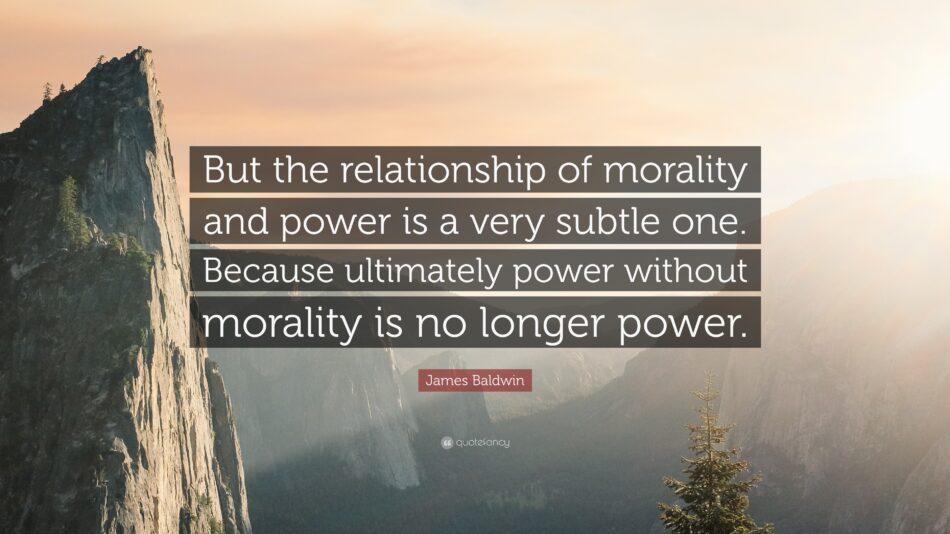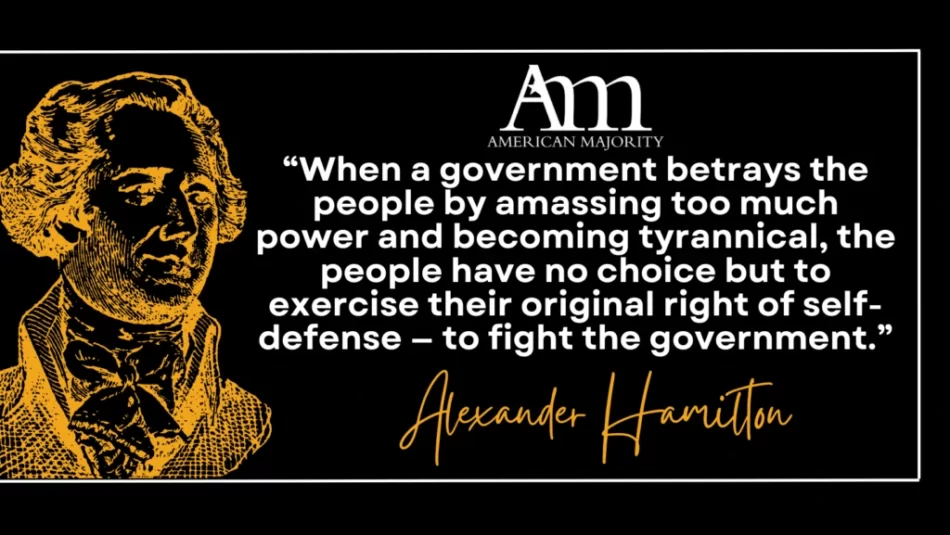Titels geven macht, geen moraliteit

Page Description
Holding a title grants authority, but not morality. Explore how power can corrupt, as those in high positions justify unethical actions while ignoring justice.
Authority Without Ethics: The Danger of Power Without Morality
A title grants authority, but not a moral compass. History and contemporary scandals repeatedly show that power does not necessarily come with moral integrity. When status and official positions are used as a shield for misconduct, it becomes clear that titles may confer power, but they do not guarantee morality.
Een titel geeft autoriteit, maar geen moreel kompas. Geschiedenis en hedendaagse schandalen laten keer op keer zien dat macht niet per definitie gepaard gaat met morele integriteit. Wanneer status en formele posities worden gebruikt als schild voor wangedrag, wordt duidelijk dat titels wel macht verlenen, maar geen moraliteit garanderen.
Power Without Morality: The Lesson of the Post Office Scandal
Throughout history, authority has often been used under the guise of justice, but power alone does not guarantee justice. The Post Office scandal painfully shows how institutions can manipulate the legal system to protect their own interests instead of upholding truth and fairness. Starting to use the justice system can introduce false defenses, allowing wrongdoing to be hidden behind technicalities or excuses. Following rules without understanding their ethical basis can lead to harmful consequences. It’s about meaningful action—doing the right thing, not just what’s allowed. Rules should serve a higher purpose of justice, not just compliance. The difference between blindly following rules and acting with integrity is what truly matters. We must always consider what is human and stay human. You must do what you have to do, but in a sensible way.
When Power Overrides Justice
A title commands authority, but it does not impart integrity. The Post Office leveraged its institutional status to prosecute and ruin innocent Subpostmasters, using flawed evidence from the unreliable Horizon IT system. Instead of questioning the validity of this evidence, the courts largely accepted it as fact, granting the Post Office unchecked power over those it accused.
Legal procedures that should have protected the innocent became tools of oppression. Judges, misled by misleading testimonies – such as those from Gareth Jenkins – issued convictions that devastated lives. In this environment, the robe did not make the judge just; it merely empowered those already in control.
The Mask of Legitimacy
Institutions like the Post Office thrive on public trust. Their authority is derived not only from the law but also from the perception that they act in the public interest. However, when self-preservation overtakes accountability, these institutions can weaponize their power against individuals, all while maintaining the illusion of legitimacy.
Justice wears a mask of authority, but beneath it, corruption can fester. The Post Office used legal structures to silence dissent, bankrupt Subpostmasters, and defend its faulty system, all while presenting itself as a responsible entity. Titles granted the Post Office influence, but morality played no role in its decisions.
Power Without Accountability
The fundamental issue in the Post Office scandal was not just technological failure, but the lack of moral responsibility among those in power. Executives, legal teams, and even government officials turned a blind eye to the injustice, prioritizing institutional reputation over human lives.
Had they acted with integrity – had power been paired with morality – the wrongful prosecutions could have been prevented. Instead, the legal system became a mechanism for enforcing corruption rather than delivering justice.
Exposing the Abuse of Authority
The Post Office scandal teaches a crucial lesson: authority must be held to account. Power should serve justice, not shield those who misuse it. When institutions exploit their status for control rather than fairness, they betray the very principles they claim to uphold.
Titles may grant power, but morality is what defines true justice. Without it, authority is nothing more than a tool for oppression.
Macht Zonder Moraal: De Les van het Post Office-schandaal
Door de geschiedenis heen is autoriteit vaak gebruikt onder het mom van rechtvaardigheid, maar macht op zich garandeert geen rechtvaardigheid. Het Britse Post Office-schandaal toont pijnlijk aan hoe instituties juridische systemen kunnen manipuleren om hun eigen belangen te beschermen in plaats van waarheid en eerlijkheid te dienen. Het gebruik van het rechtssysteem kan valse verdedigingen introduceren, waardoor onrecht verborgen kan blijven achter technische details of excuses. Het volgen van regels zonder begrip van hun ethische basis kan leiden tot schadelijke gevolgen. Het gaat om betekenisvolle actie – het juiste doen, niet alleen het toegestane. Regels zouden een hoger doel van gerechtigheid moeten dienen, niet alleen naleving. Het verschil tussen blind volgen van regels en handelen met integriteit is wat er echt toe doet. We moeten altijd rekening houden met wat menselijk is en menselijk blijven. Je moet doen wat je moet doen, maar wel op een verstandige manier.
Wanneer Macht de Rechtvaardigheid Overstemt
Een titel verleent autoriteit, maar verschaft geen integriteit. Het Post Office gebruikte zijn institutionele status om onschuldige Subpostmasters te vervolgen en te vernietigen, op basis van gebrekkig bewijs van het onbetrouwbare Horizon IT-systeem. In plaats van de geldigheid van dit bewijs te betwisten, accepteerden de rechtbanken het grotendeels als feit, waardoor het Post Office onbeperkte macht kreeg over degenen die het beschuldigde.
Juridische procedures die de onschuldigen hadden moeten beschermen, werden instrumenten van onderdrukking. Rechters, misleid door valse getuigenissen – zoals die van Gareth Jenkins – spraken veroordelingen uit die levens verwoestten. In deze omgeving maakte de toga de rechter niet rechtvaardig; hij gaf slechts macht aan degenen die al de controle hadden.
Het Masker van Legitimiteit
Instanties zoals het Post Office floreren op basis van publiek vertrouwen. Hun autoriteit is niet alleen gebaseerd op de wet, maar ook op de perceptie dat ze in het algemeen belang handelen. Maar wanneer zelfbehoud belangrijker wordt dan verantwoording, kunnen deze instituties hun macht gebruiken tegen individuen, terwijl ze naar de buitenwereld toe een schijn van legitimiteit ophouden.
Justitie draagt een masker van autoriteit, maar daaronder kan corruptie gedijen. Het Post Office gebruikte juridische structuren om kritiek te smoren, Subpostmasters financieel te ruïneren en zijn gebrekkige systeem te verdedigen, terwijl het zich voordeed als een verantwoordelijke organisatie. Titels gaven het Post Office invloed, maar moraal speelde geen enkele rol in de beslissingen.
Macht Zonder Verantwoording
Het fundamentele probleem in het Post Office-schandaal was niet alleen technologische falen, maar het gebrek aan morele verantwoordelijkheid bij degenen in machtsposities. Bestuurders, juridische teams en zelfs overheidsfunctionarissen keken weg van de onrechtvaardigheid en stelden de reputatie van de instelling boven mensenlevens.
Als zij met integriteit hadden gehandeld – als macht was gekoppeld aan moraal – hadden de onterechte vervolgingen kunnen worden voorkomen. In plaats daarvan werd het rechtssysteem een mechanisme om corruptie af te dwingen in plaats van gerechtigheid te leveren.
Het Misbruik van Autoriteit Ontmaskerd
Het Post Office-schandaal leert een cruciale les: autoriteit moet ter verantwoording worden geroepen. Macht zou gerechtigheid moeten dienen, niet degenen beschermen die het misbruiken. Wanneer instituties hun status gebruiken voor controle in plaats van eerlijkheid, verraden ze de principes die ze zeggen te verdedigen.
Titels mogen dan macht geven, maar moraal bepaalt wat echte gerechtigheid is. Zonder moraal is autoriteit niets meer dan een instrument van onderdrukking.
Post Office Inquiry: Alan Bates delivers brutal assessment of bosses
9 apr 2024
Today was the moment for the real Alan Bates to stand up, as he was sworn in at the Horizon inquiry, delivering a brutal assessment of the Post Office bosses who hounded him and his colleagues, then tried to cover it up.
But perhaps the most damning thing to come out of today – the accusation from the inquiry’s chair that even now the Post Office seems to be attempting to obstruct the entire process.

Candid Camera Classic: Change Your Name!